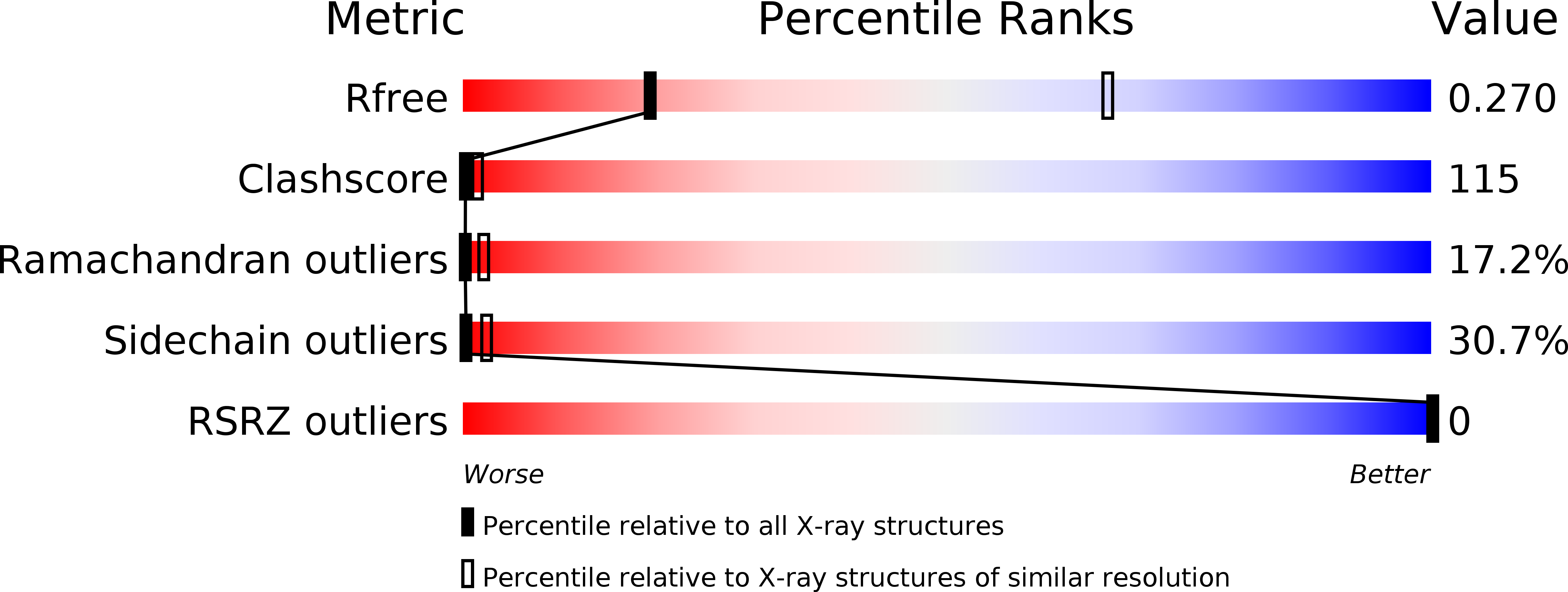
Deposition Date
2007-07-02
Release Date
2008-01-22
Last Version Date
2024-11-06
Entry Detail
PDB ID:
2JIV
Keywords:
Title:
Crystal structure of EGFR kinase domain T790M mutation in compex with HKI-272
Biological Source:
Source Organism(s):
HOMO SAPIENS (Taxon ID: 9606)
Expression System(s):
Method Details:
Experimental Method:
Resolution:
3.50 Å
R-Value Free:
0.28
R-Value Work:
0.25
R-Value Observed:
0.25
Space Group:
P 1 21 1


